Why are we offering this program?
Due to the shortage of skilled workers in the healthcare and nursing sector, newly immigrated professionals face high expectations in the workplace in addition to language uncertainties. Such factors make it more difficult for newly immigrated nursing and care professionals to find their way in German society. Since professional integration is usually their main priority, they often make little or no contact with Germans outside their workplace. As a result, many immigrants remain in their own communities.
What do we want to achieve?
With the help of mentors, newly immigrated nursing professionals have the chance to become involved in the places where they live and work. Participants support each other, learn from each other and want to grow personally. This creates a strong community in which they inspire and support each other. Just how the mentoring-mentee relationship takes shape is left to the participants themselves and is based on the needs of the mentees. The relationship is voluntary and based on mutual trust.
How does the program work?
The mentees learn from the mentors' experience and expertise, while the mentors can strengthen their skills and pass on their knowledge. During mentoring, the mentees can freely discuss their commitment, their (personal) goals, challenges and questions.
The mentors provide targeted guidance, feedback and advice to help mentees in their development and social integration. Regular meetings, workshops and networking events frame the program and create opportunities for exchange and networking. Mentors are approached in a first step through their employers and trained for their future tasks. In a second step, mentees can apply for the "StaF" program.
Whom does the program serve?
Mentors: Nursing and care professionals who have immigrated to Germany and want to pass on their experiences.
Mentees: Newly immigrated nursing professionals who would like to volunteer in social engagement projects.
Employers: To promote the program within their institutions.
Associations and civil society actors: Places of local engagement for the professionals.
Where does the program take place?
Baden-Wuerttemberg: Stuttgart, Freiburg, Balingen, Ravensburg, Mosbach, Hügelsheim, Schwäbisch Gmünd, Kinzigtal (Ortenau district).
North Rhine-Westphalia: Cologne, Wuppertal.


